Out of the entire MeetDistrict Community, Olivier Van Horenbeeck must be one of the biggest bookworms. Olivier: “I read about 40 books per year, and I’m very eclectic in my taste. Going from fiction to non-fiction in all kinds of topics and genres”.
At Zocalo, Olivier advises entrepreneurs, high-level executives and board members on reputation management and communication. As a seasoned business advisory consultant and book lover, he is quite the expert you want to turn to for some practical advice on implementing productivity into your professional activities with some good tips on literature to back it all. Dive in to discover which books will help you to boost your productivity and help you regain control of your work day.
One of Olivier's top recommendations is the book Smart Brevity by Jim VandeHei, Mike Allen, and Roy Schwartz. Olivier: “I’m a huge fan of the Smart Brevity philosophy. In today's fast-paced world, where attention spans are shrinking, being able to communicate effectively and efficiently is a superpower. This book is all about concise communication and states that if you need a lot of words to get the message across, you probably don’t really understand it”.
Olivier: “The authors of this book are also the founders of the American news website Politico, where information is shared exclusively in a relevant and concise way, never crossing the 300 words limit. Smart brevity teaches you in a very practical way how to apply this into your own communication”.
According to Olivier, the principles of Smart Brevity can be applied to various aspects of business communication, including emails, meetings, and presentations. Olivier: “The key takeaway is to say more with fewer words to save time and to ensure that your message is clear and impactful. Here’s how”:
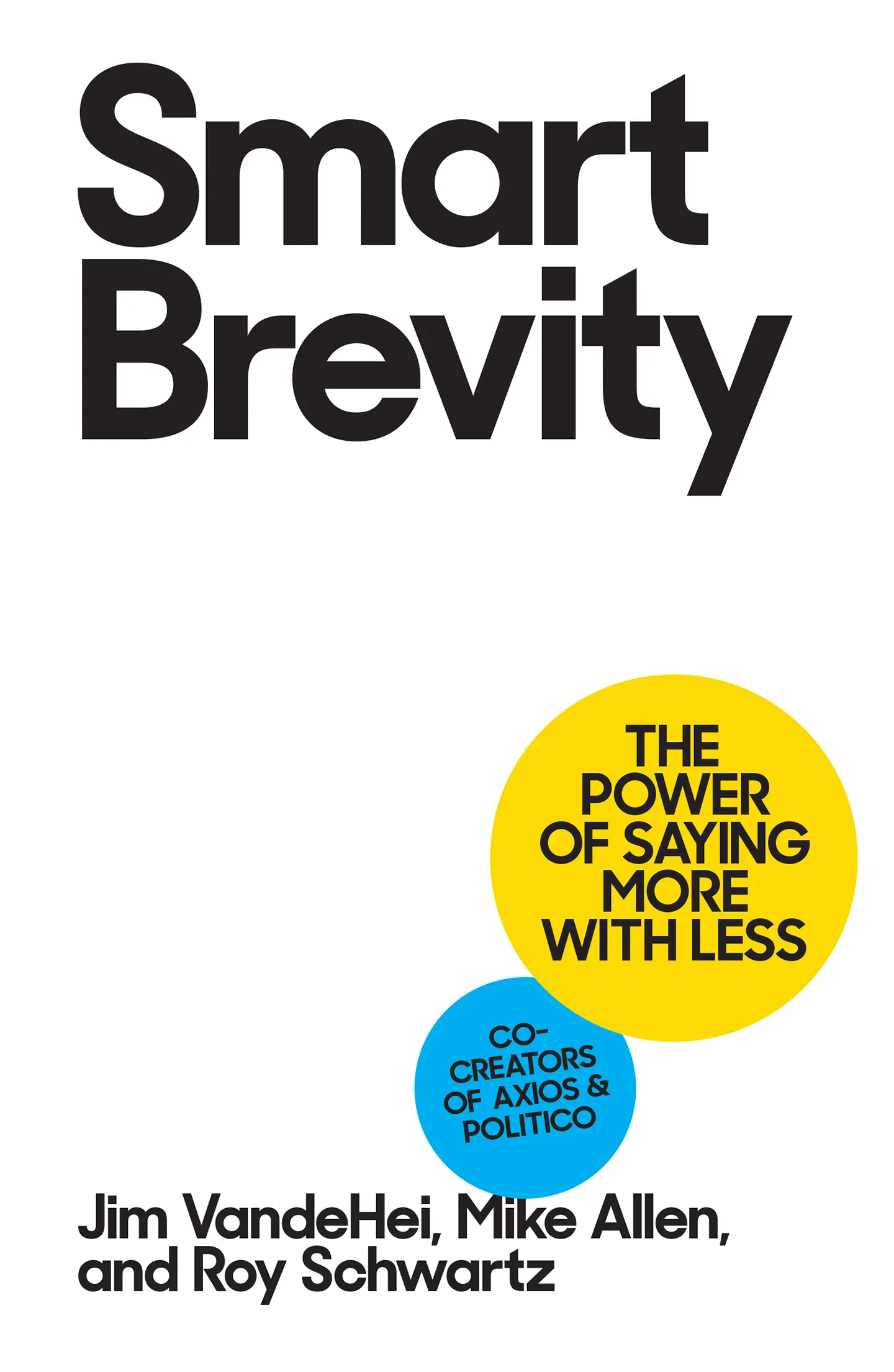
Looking at which mistakes are most commonly made by business professionals, Olivier identifies procrastination, not being able to say no, and multitasking.
Olivier: “Lots of people suffer from procrastination, and you can deal with it in two ways. Either you can continue to ignore a certain task, or either you can check it off your list. I’m guessing I don’t need to tell you which of these two options is the preferred one?”.
Another mistake is how so many people don’t know how to say no to certain situations which are doomed to bring them into trouble from the beginning. Olivier: “Saying yes to everything can lead to burnout and decreased productivity. It might seem simple to just learn how to say no, but it's a skill that many business professionals struggle with – especially when they are what you’d call people people. My book tip to combat the urge to say yes to everything, is NEIN. A Manifesto by Eric Jarosinski. This book teaches the art of saying no and emphasises the importance of setting boundaries to maintain productivity”.
The third mistake most commonly made by business professionals is to multitask. Olivier: “In today’s digital age we all suffer from multitasking, which is one of the biggest mistakes you could make in time management. We might believe how we could do it all at the same time: writing a mail, responding to a message, answering our phones, etc., but in reality it only costs us more time to complete. Instead, you should tackle each task one by one.
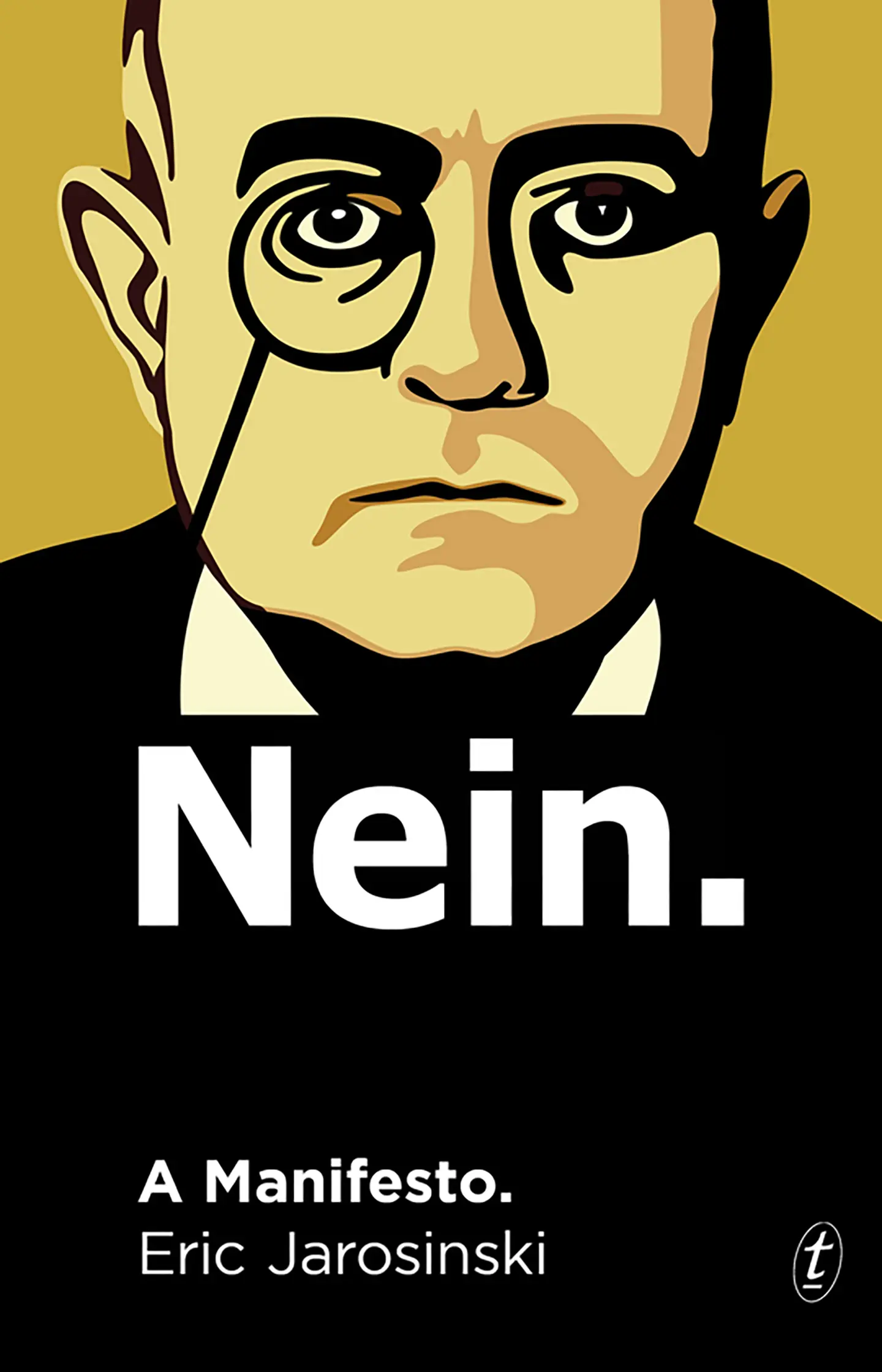
Olivier definitely believes in the work hard – play hard philosophy. Olivier: “For me personally, it works. When you’ve come to the conclusion that you actually want to work hard, you have to make sure to implement plenty of play into your life as well as a means of rewarding for everything you’ve been doing. Entrepreneurship oftentimes comes with long days, you’re on at all times. So allow yourself some off-time too, which can be as easy as planning to go out for drinks and dinner, to plan a vacation, to treat yourself with what makes you happy”.
Being the book lover he is, winding down with a good book is one of Olivier’s favourite types of play time. Olivier: “A while ago, I read The Daily Stoic by Ryan Holiday. This book offers daily wisdom and philosophy to guide you through life's challenges, and has made me reflect on life. So much so that I’ve incorporated journaling into my mornings; it’s of enormous value to actually think about and write down what has been working for you personally and professionally. You’ll disconnect from daily tribulations and find yourself in the real flow.
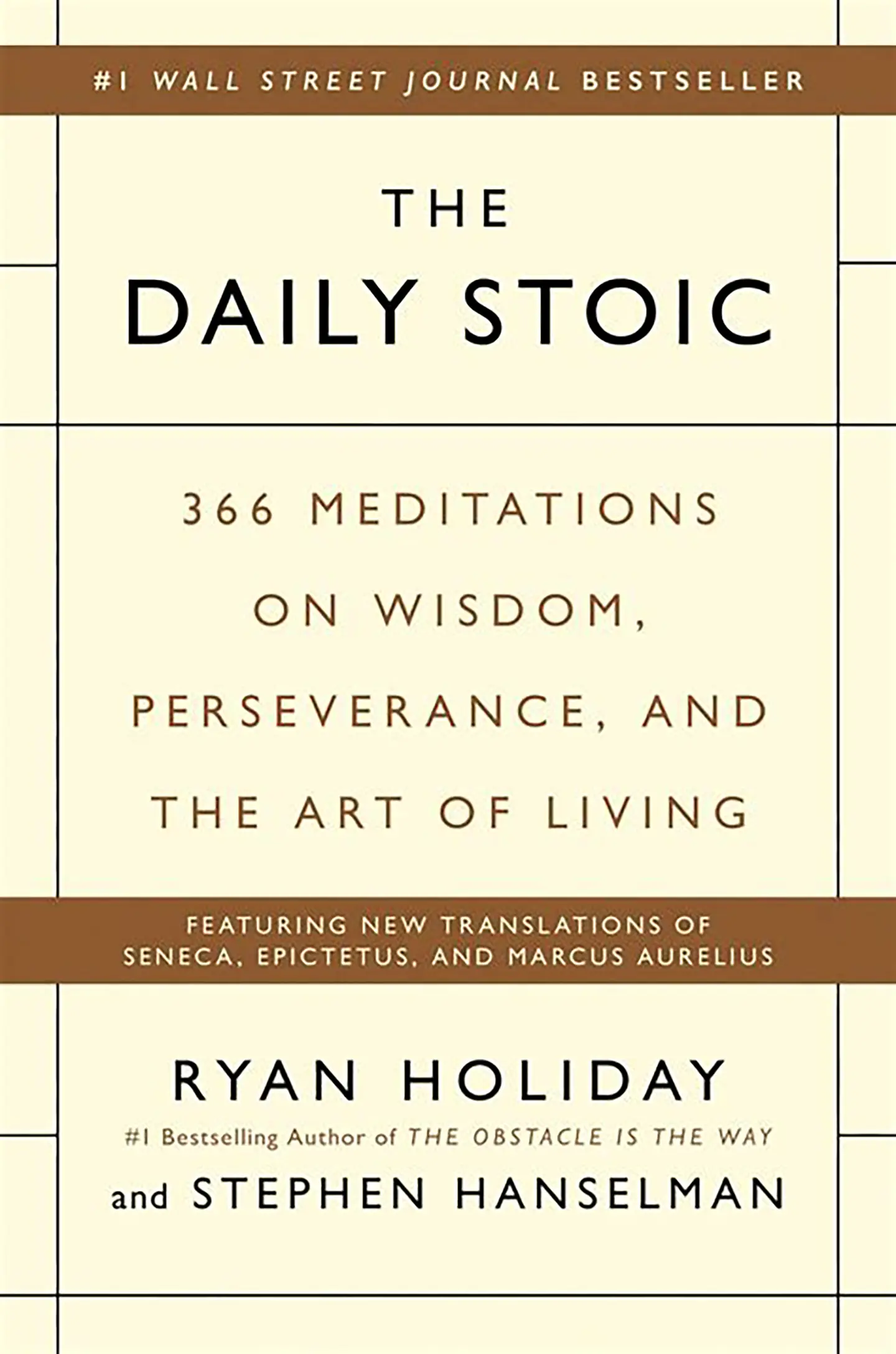
In a digital age, there's something uniquely powerful about writing things down on paper. And while digital tools are a great way to maintain a general overview, incorporating non-digital writing into your routine, can improve your focus and clarity.
Olivier is a big fan of the Leuchtturm notebooks for making lists and jotting down thoughts. Olivier: “Every morning I physically write down my top 3 tasks for the day. The Leuchtturm notebooks are not only aesthetically pleasing, but highly functional as well. I discovered them last year in Munich, and I specifically love their dotted ruling which allows me to draw, connect, and be far more creative in taking down notes. It’s great to see how something so simple as a notebook has transformed into such a lifestyle brand. Just go and take a look at their website, it’s a beautiful business story”.
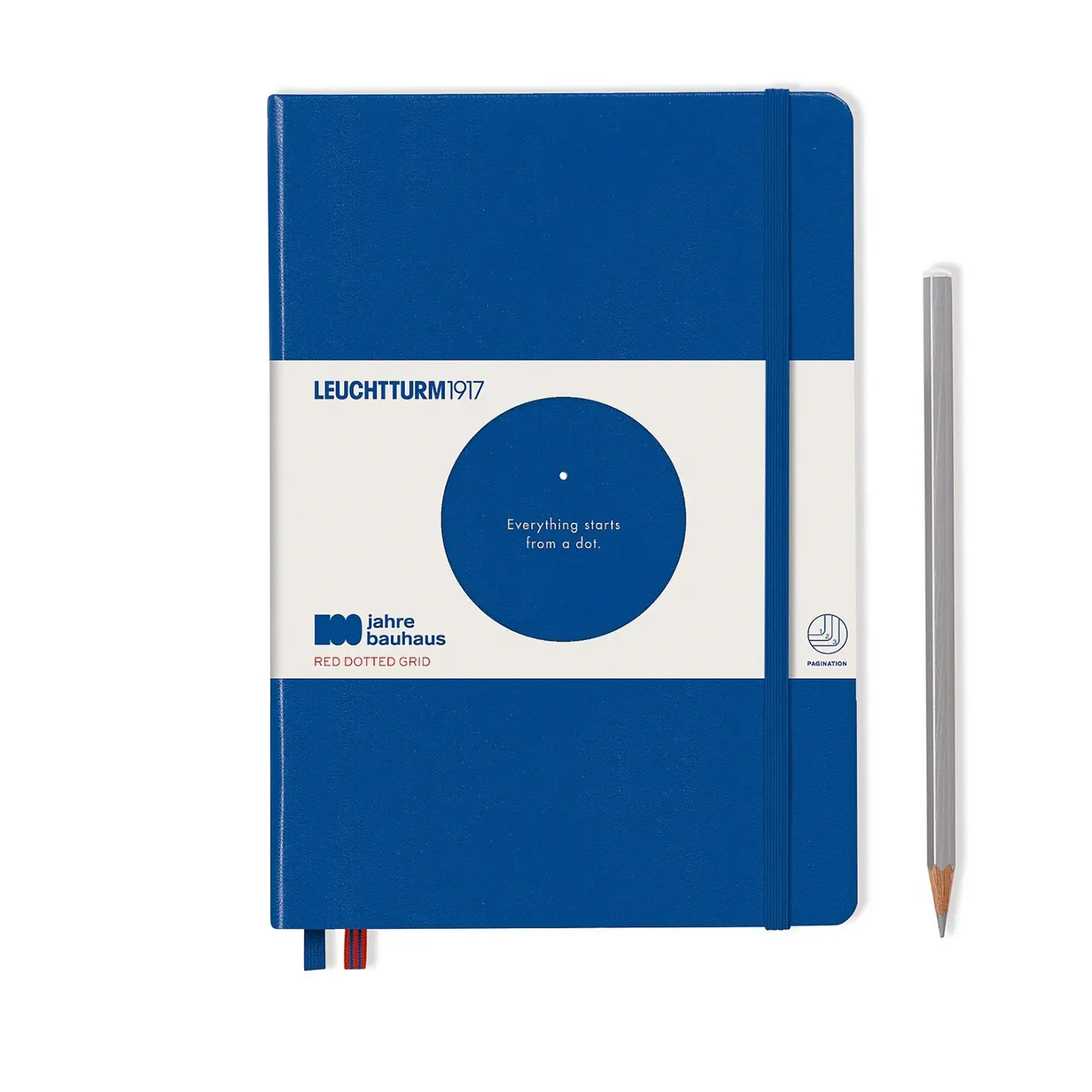
Olivier: “When you ask someone how they are doing, you’ll probably get responded with ‘busy busy busy’. It’s almost as if we all need to be busy all of the time to attain productivity. But what does productivity actually mean? Writing a lot of emails? Having back to back meetings? Everyone might have grown accustomed to the rat race we’re all in, but when you take a step back and visualise your work day as constantly running to the mailbox to see whether you’ve received any new letters, it dawns on you that it’s a ridiculous lifestyle. It’s not natural, and that’s why I’m tipping Slow Productivity by Carl Newport”.
Adopting a slow productivity approach can lead to better work-life balance, reduced stress, and higher-quality output. In Slow Productivity, Carl Newport argues that true productivity is achieved not through constant hustle but by focusing on quality over quantity. Olivier: “The great philosophers, scientists and artists of times gone by were granted plenty of time to work on their ideas. Sometimes for years on end on one single idea, and it delivered some fantastic results. Slow down and prioritise meaningful work, and you’ll see how you’ll achieve more without burning out”. The main principles of Slow Productivity are to do less, but better, by working at a natural pace and by focusing on quality.
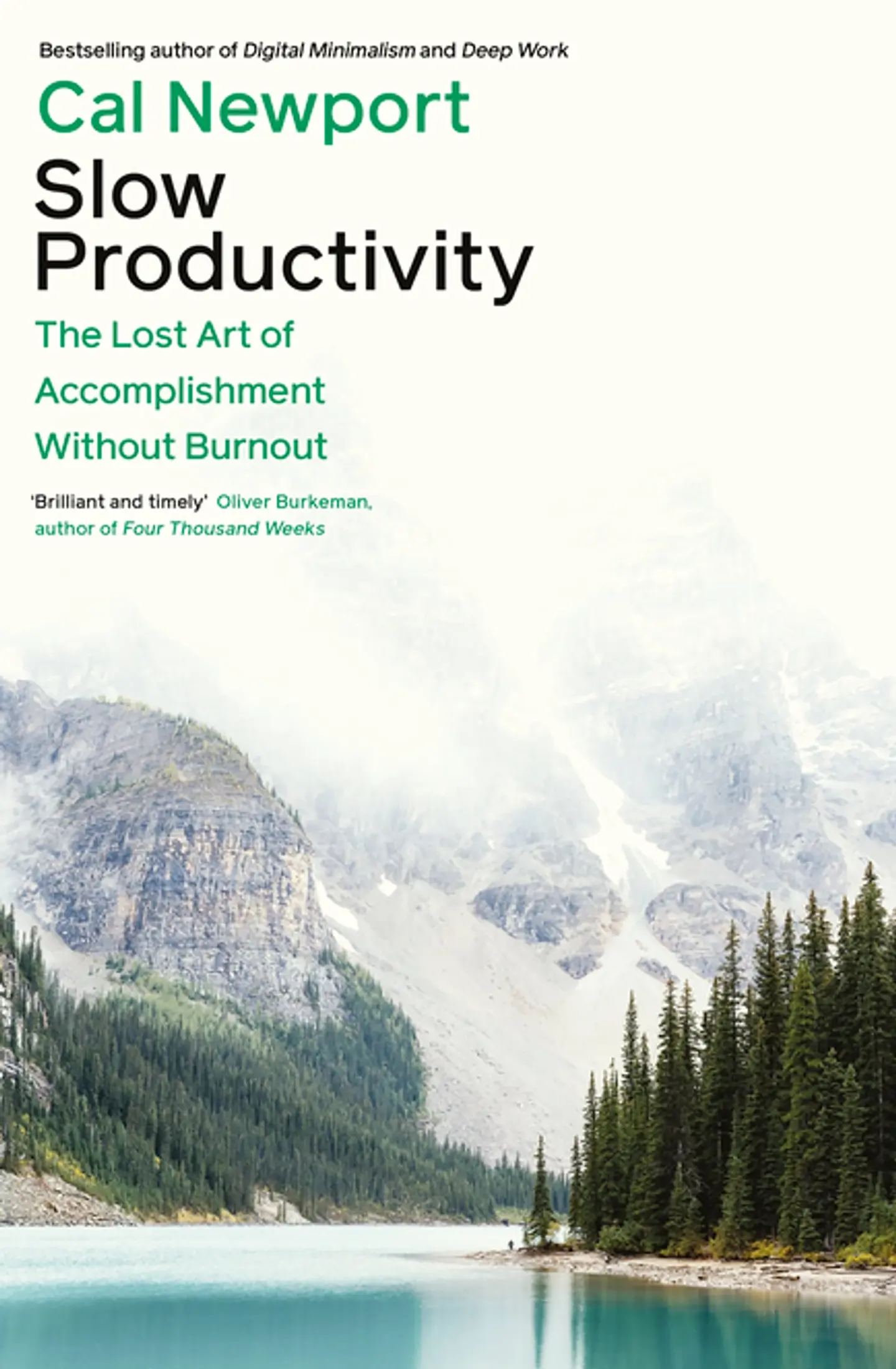
Now that’s for some book tips! Enjoy these reads to elevate your productivity journey and unlock a harmonious balance between work and life. And you? Which literary gems can you recommend?